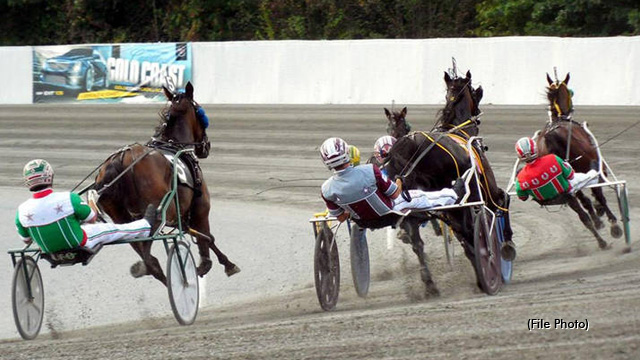The following was written by Mark Ford, President of the Standardbred Breeders and Owners Association of New Jersey. It originally appeared on the Asbury Park Press website.
There was a time in New Jersey when the best of the best came to compete at Freehold Raceway on Labour Day. It was not long ago, but seemed a distant memory Monday when the track was closed because of a lack of entries.
In an announcement regarding the decision to close on Labour Day, Freehold General Manager Howard Bruno said, “Overall, it is increasingly difficult for us to compete in a market where we have the lowest purse structure in the region.”

The statement is not hyperbole, it is fact. For more than a decade, New Jersey’s racing industry has suffered while horsemen in neighboring states have enjoyed increased purses thanks to casino-enhanced funding.
Monday’s closure of Freehold illustrates the erosion of New Jersey’s standing in the sport -- once the envy of the industry -- and the seriousness of the situation.
A year ago, the Rochester Democrat & Chronicle ran a story titled “How VLTs saved NY horse racing.” According to the story, New York’s seven harness racing tracks saw purses escalate from $35 million to $118 million since 2003. The average purse per race went from about $4,000 to $11,000 over the 14 years -- putting New York among the top five in the nation.
“The figures have been extraordinary at some tracks: Batavia Downs’ purses grew from $1.8 million to $5.5 million; from $4 million to $18 million at Saratoga harness; and from $20 million to nearly $63 million at Yonkers,” the story stated.
The average purse per race this past Saturday at Freehold was less than $5,000. Tracks in New York and Pennsylvania could be found offering averages -- at a minimum -- of 46 percent more than Freehold, up to the $30,000 average Yonkers offered for eight non-stakes races that night.
A decade ago on Labour Day, Freehold hosted a card that included the prestigious Cane Pace and other top stakes. Freehold was home to the Cane Pace from 1998 through 2010, when the track gave up hosting the race because of purse-funding issues.
It is clear the industry needs to see purses augmented in the absence of racinos and the ability to compete with neighbouring states on a level playing field. Without it, the state’s billion-dollar equine industry will likely suffer the loss of thousands of jobs and tens of thousands of acres in open space while the state loses tens of millions of dollars in revenues.
State Assemblyman John Burzichelli, D-Gloucester, told NJOnlineGambling last week, “The challenges faced by horse racing lead to an erosion of the ancillary (equine) economy -- breeding, horse farms, and so on. That warrants our attention, because once a horse farm goes away, it never comes back. Nobody tears down a condo development to build a horse farm.”
The Standardbred Breeders & Owners Association of New Jersey implores the state’s legislators to consider the magnitude of any decision regarding the enhancement of purses and preservation of the equine industry in the Garden State.
Time is running out.
(SBOANJ)

